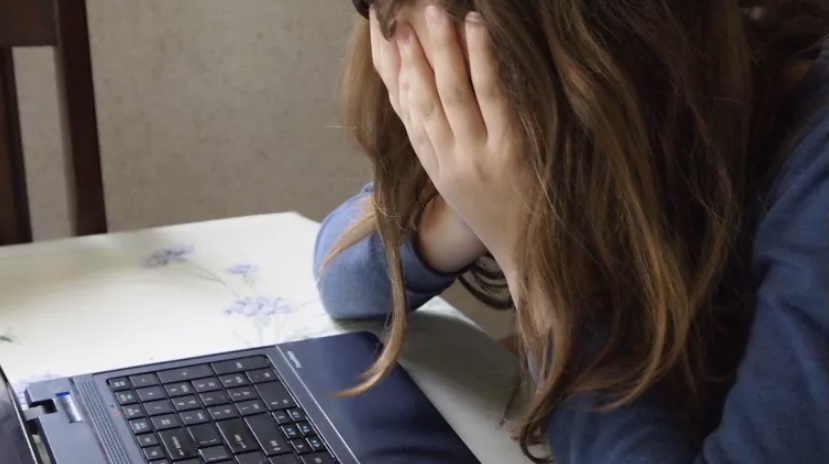2.4 million UK households miss essential payments in July, echoing last winter’s high levels

Consumer watchdog Which? has warned that the number of UK households missing essential payments has surged to 2.4 million, a figure on par with last winter’s high levels, even as the Bank of England looks set to raise interest rates again.
The data reveals a worrying trend as families continue to grapple with the cost of living crisis, despite lower energy costs in warmer weather.
According to Which?’s July consumer insight tracker, these essential payments include housing, bills, loans, or credit card payments.
Of the missed payments, 1.5 million households defaulted on an energy, water, or council tax bill, with two-thirds of those missing more than one household bill payment.
Water and energy topped the list of commonly missed bills, and 770,000 households missed a housing payment in the month leading up to July 13th.
The study found that 59% of households had to make at least one adjustment, such as cutting back on essentials, dipping into savings, selling possessions, or borrowing to cover spending on utility bills, housing costs, groceries, school supplies, and medicines in the past month. This situation affects an estimated 16.7 million households.
One individual stated, “I am stretched to the limit financially at the moment and cannot stay afloat if the cost of living increases further. I am expecting my rent to increase to an unaffordable level very soon, which will render me homeless.”
Consumer confidence in both household situations and the UK economy has sharply declined in the past month, as inflation figures have shown persistently higher levels than expected.
This has led to a jump in interest rates and the removal of some mortgage products from the market.
Which? is now calling on essential businesses, such as energy firms, broadband providers, and supermarkets, to provide support and value for money to their customers.
This includes making budget line items widely available, ensuring customer service departments are fully staffed, and properly advertising social tariffs.
Rocio Concha, Which? Director of Policy and Advocacy, emphasised the ongoing human cost of the crisis, stating, “Our research has found that the number of households missing essential payments has risen to 2.4 million – in line with the high levels seen last winter – showing that though inflation might have peaked, the human cost of the cost of living crisis continues to rise.”
With the expected rise in interest rates, the pressures on household finances are likely to intensify.
Which? encourages those struggling to seek free debt advice and reach out to their bill providers for assistance.
In this turbulent financial climate, the role of essential sectors in aiding customers to avoid unnecessary costs and charges has never been more critical.
Spotted something? Got a story? Email: [email protected]
Latest News
